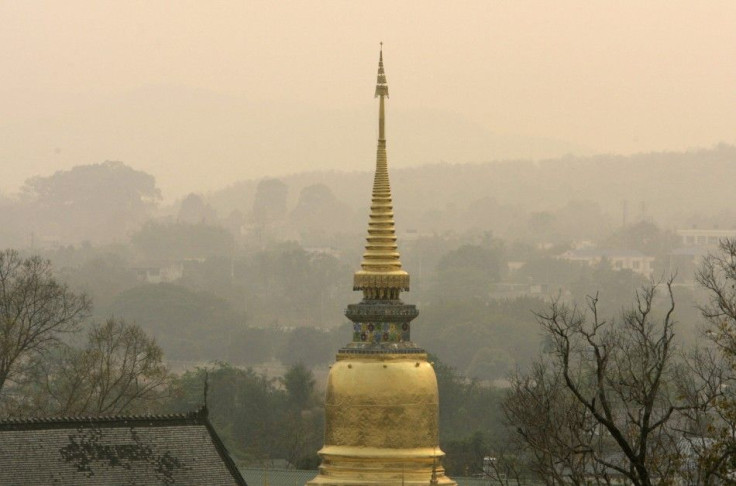Chiang Mai Hotel Deaths Linked to Pesticide Exposure

The mysterious Chiang Mai hotel deaths from earlier this year have now been linked to pesticides.
An inquiry into the death of New Zealand tourist Sarah Carter has led Thai authorities to believe the death was likely caused by exposure to a toxic chemical or pesticide, ruling out bacterial or viral infections, according to New Zealand's Foreign Minister Murray McCully.
"This is a significant development for Thai authorities to now recognize there is a linkage between the death of Sarah Carter and others," McCully told New Zealand publication Stuff.
On Jan. 11, a 33-year-old American woman died in her hotel while her 29-year-old Canadian companion was admitted to a local hospital.
Less than one month later, a Thai tour guide was found dead in her room at another hotel in Chiang Mai. On Feb. 4, at the same hotel as the tour guide (in fact, in a room adjacent to the guide), three women from New Zealand, including Carter, reported feeling ill and were admitted to the hospital. Carter, 23, died two days later.
The deaths of an elderly British couple were discovered at the same Chiang Mai hotel on Feb. 19.
On Tuesday, new details confirmed that the New Zealand women had "severe metabolic acidosis," with two of them suffering from heart muscle injury.
"The clinical manifestation in the three New Zealand women, who were all hospitalized, can be explained by exposure to some chemicals such as those found in pesticides," according to the Thai Public Health Ministry.
The five-month investigation has conducted more than 1250 tests on just the New Zealand case alone, but the "precise cause cannot be confirmed," the Ministry said in a statement.
The Ministry also announced on Tuesday that the country's Department of Disease Control will implement new health measures following the mysterious hotel deaths. Some changes include maintaining a watch list of household products, using licensed pest control products and employing a panel of experts to determine the proper use of such products.
More on the Chiang Mai investigation:
Thai authorities have been working closely with the World Health Organization (WHO) in the investigation.
A local TV station in New Zealand reported traces of chlorpyrifos (commonly used to kill bedbugs) in the room where the three women stayed, according to the BBC. The Thai Public Health Ministry has since ruled out the chemical, citing a conflict with clinical specimens and blood tests.
The U.S. Center for Disease Control has also been involved with the investigation. The CDC has tested specimens of blood, heart muscle and urine from some of the deceased, as noted in a March report filed by Thai authorities.
A six hotel death has been deemed unrelated to the other five. In January, a 25-year-old French woman passed away from inflammation of the heart muscle, according to the Thai Public Health Ministry.
© Copyright IBTimes 2024. All rights reserved.











